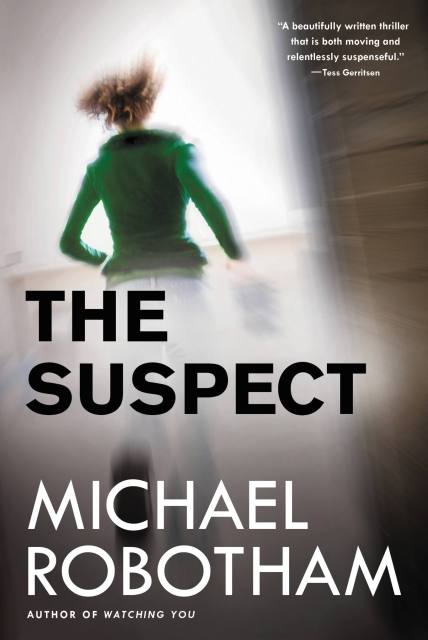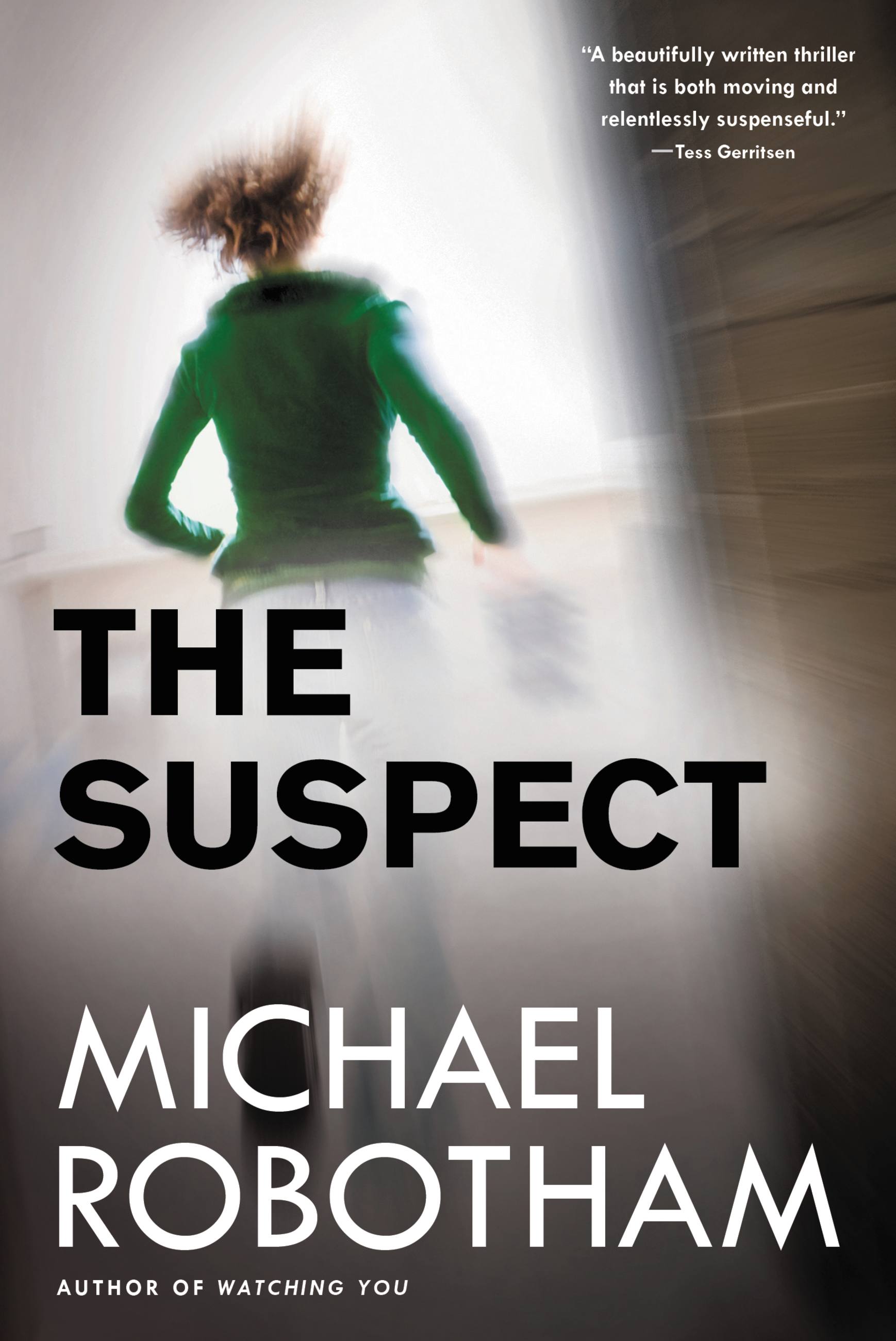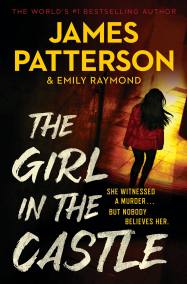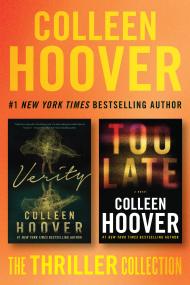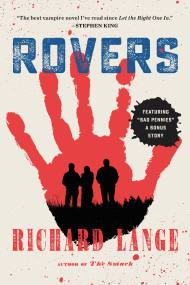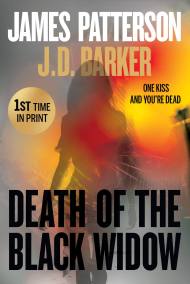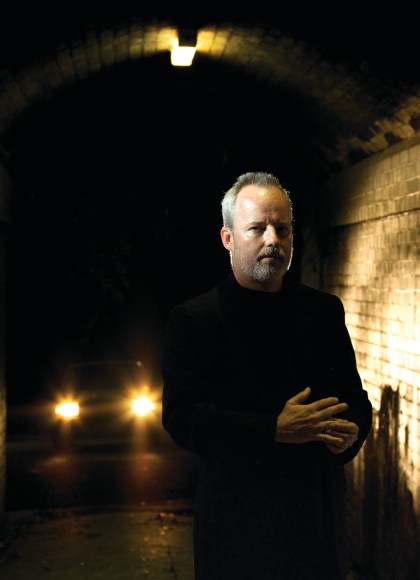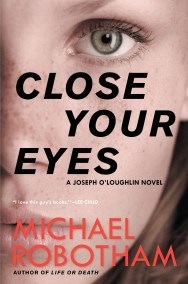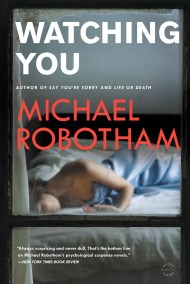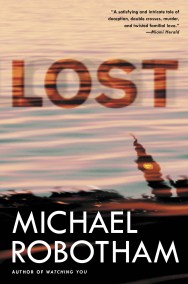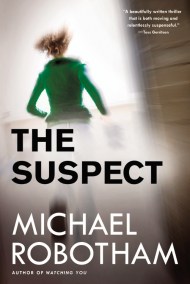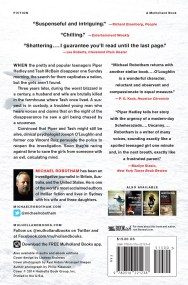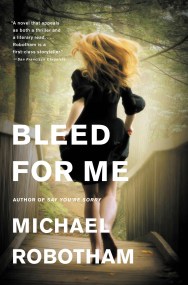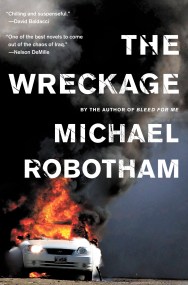Promotion
Use code MOM24 for 20% off site wide + free shipping over $45
The Suspect
Contributors
Formats and Prices
Prices
- Sale Price $3.99
- Regular Price $9.99
- Discount (60% off)
Format
Format:
- ebook $3.99
- Trade Paperback $17.99
This item is a preorder. Your payment method will be charged immediately, and the product is expected to ship on or around April 15, 2014. This date is subject to change due to shipping delays beyond our control.
Also available from:
The psychological thriller that marked the debut of one of contemporary suspense fiction’s most compelling heroes: “A gripping first novel…taut and fast-moving” (Washington Post).
Renowned psychologist Joseph O’Loughlin has it all — a thriving practice, a devoted, beautiful, fiercely intelligent wife, and a lovely young daughter. But when he’s diagnosed with Parkinson’s, O’Loughlin begins to dread the way his exceptional mind has been shackled to a failing body, and the cracks in his perfect existence start to show.
At first, O’Loughlin is delighted to be called in to a high-profile murder investigation, hoping his extraordinary abilities at perception will help bring a killer to justice. But when O’Loughlin recognizes the victim as one of his former patients, an emotionally disturbed young woman who nearly brought ruin upon him, O’Loughlin hesitates — a fateful decision that soon places O’Loughlin at the top of the lists of both a bullish detective and a diabolical killer.
Renowned psychologist Joseph O’Loughlin has it all — a thriving practice, a devoted, beautiful, fiercely intelligent wife, and a lovely young daughter. But when he’s diagnosed with Parkinson’s, O’Loughlin begins to dread the way his exceptional mind has been shackled to a failing body, and the cracks in his perfect existence start to show.
At first, O’Loughlin is delighted to be called in to a high-profile murder investigation, hoping his extraordinary abilities at perception will help bring a killer to justice. But when O’Loughlin recognizes the victim as one of his former patients, an emotionally disturbed young woman who nearly brought ruin upon him, O’Loughlin hesitates — a fateful decision that soon places O’Loughlin at the top of the lists of both a bullish detective and a diabolical killer.
Genre:
-
"A gripping first novel...taut and fast-moving."Washington Post
-
"One of those rare literary gems: a beautifully written thriller that is both moving and relentlessly suspenseful."Tess Gerritsen
-
"A dramatic, well-written debut."New York Times
-
"Lightning-paced."Entertainment Weekly
- On Sale
- Apr 15, 2014
- Page Count
- 432 pages
- Publisher
- Mulholland Books
- ISBN-13
- 9780316252249
Newsletter Signup
By clicking ‘Sign Up,’ I acknowledge that I have read and agree to Hachette Book Group’s Privacy Policy and Terms of Use
